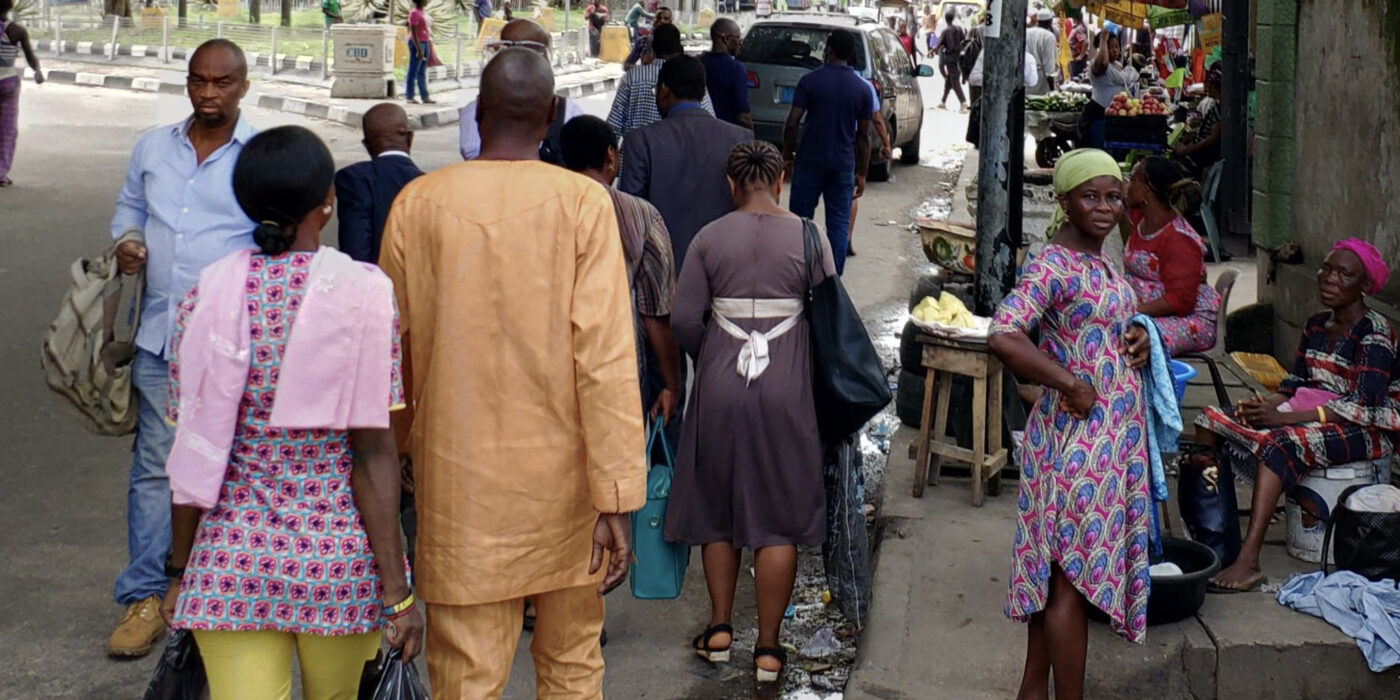
Objective
To understand where walking and cycling are valued in existing transport and mobility policy and if COVID-19 is a trigger for making environments safer sooner.
This research project looked at the following research questions.
- Where is walking and cycling valued in transport and mobility policy in Africa and how effective is it?
- Can maintaining walking mode share be valued and investment in public transport catchment walkability made a climate change mitigation strategy?
- Which indicators can be used to measure walking, and its contribution to multi-modality in country and city policy?
- Are perceptions of walking and cycling changing because of COVID-19?
- What COVID-19 responses are being planned or acted upon to benefit walkers and cyclists in Africa, including actions around Public Transport?
- Where are case studies of effective walking and cycling policy into action in Africa?
- What support is required by city authorities in Africa to enable more people to safely access their communities on foot and bike?
Potential impact
This research project is seeking to create a more supportive policy and investment environment in walking and cycling.
Approach
The research was conducted utilising online surveys and telephone interviews. There was also an in depth survey of authorities and also included follow up interviews.
Outcome
This project created a Research paper and Policy Booklet. National and City authorities should be inspired to create more policy commitments and plug the delivery capacity gap.
COVID-19 Response
Through effective transit oriented development policies, we aim to create cities where most needs can be met by walking, facilitating safe travel during pandemics. By reducing car travel and pollution, we aim to reduce respiratory illnesses which exacerbated the effects of COVID-19. By supporting the local businesses, we aim to create more economically resilient cities.
